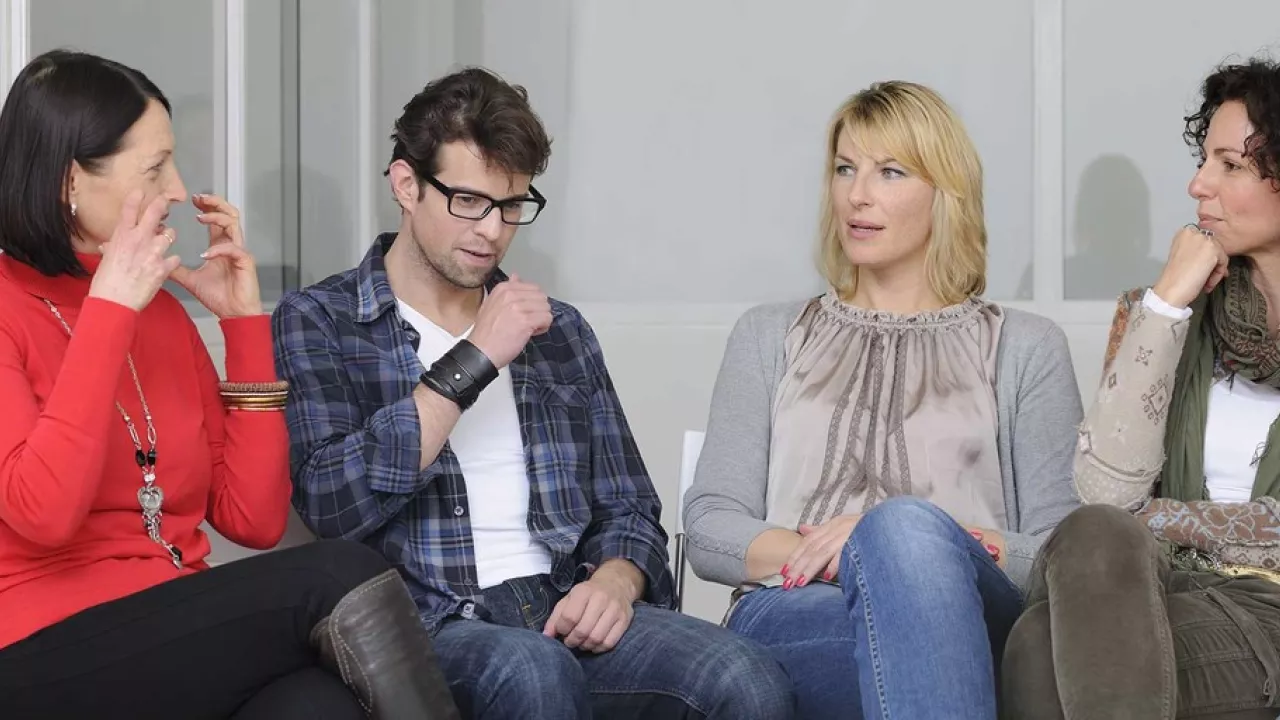Resources
Centre for Mediation and Conflict Management Resources
What is Mediation?
Mediation is a form of dispute resolution, used when parties do not want to take formal action. It is when an impartial, independent third party individual facilitates a discussion between parties, with the aim of focusing on the future and forming an agreement at the end.
What is Mediation?
Benefits of Mediation
- Impartiality - the mediator will be completely independent of all parties and will not take sides.
- Confidentiality
- Voluntary - participants can withdraw from the process at any point
- Informal
- Reduced costs (sometimes free!)
- Saves time
- The participants decide the outcome, not the mediator
- Usually not legally binding, but it can be
- Preserves relationships
When can mediation be used?
Mediation can be used at any point in the conflict. It can be used before any formal proceedings have started, during formal proceedings (so long as the proceeding is placed on hold), or even after proceedings to rebuild relationships.
What kinds of conflicts can mediation be used for?
Mediation can be used for most types of conflicts. Some examples include personality clashes, bullying, harassment, or communication problems.
When is mediation not appropriate?
Mediation is usually not appropriate in more serious cases, which may include criminal activity, formal allegations, or when a party suffers from mental health issues or learning disabilities.
Who can use mediation?
Mediation is available to all levels of employees, no matter the relationship between parties.
Mediation Process
Workplace mediation follows a simple process, and typically takes at least one full day to complete.
Mediation Process
Individual Meetings
This is usually the first point of contact between the mediator and the parties. Each parties is met with, separately, and given a chance to tell their side and state their desired outcome.
Joint Session
The mediator then brings both parties together in a joint meeting, with the aim of having a future-focused, balanced discussion. The joint session is usually structured with four stages:
1. Opening/Introduction to the Joint Session
The mediator introduces the session by stating the stages of the process, the ground rules, their role as the mediator, and the confidential nature of the mediation. Then, each party is given time to explain their position, uninterrupted. It may be allowed that each party is then given a chance to respond to the other's position. Finally, the mediator must summarise the main points of conflict from each party and, in conjunction with the parties, set an agenda for the mediation.
2. Exploration
The mediator then facilitates a discussion of potential resolutions, considering the effects of each suggested resolution on each party.
3. Negotiation
The mediator then facilitates a negotiation between parties. If a resolution is agreed upon, then the mediator must move to the next stage.
4. Settlement
Once a resolution is chosen by both parties, the mediator must draft an agreement, including any necessary next steps to be taken by the parties. This is important for the mediator to ensure that each issue within the conflict is considered, and that the settlement is clear and precise to avoid any further disputes. Whilst this is normally only morally binding, parties have the option to make the settlement legally binding by both signing the agreement as a contract.
If there is no settlement, other dispute resolution techniques may be used to resolve the conflict. However, any information discussed during the mediation is strictly confidential and cannot be used in further proceedings. The parties can also attempt additional mediation.
Resources
Technology is one of the fastest growing sectors in the world, and is incorporated in every workplace.
In March 2020, UEL made a successful shift to online, remote working and teaching due to the lockdown measures.
Since then, we have created a few resources to provide guidance on how to move online and navigate a virtual mediation, designed specifically for mediators.
Virtual Mediation
With technological advances, online meetings and proceedings are becoming more and more common in everyday life. The convenience of digital access anytime, anywhere can overcome some constraints on individuals, such as time and location.
Mediation can already be a difficult process in person to start with, so there are inevitably going to be changes when it takes place virtually.
We have collated the best information and advice out there to provide guidance on virtual mediation practices, specifically for mediators.
Download our Moving Mediation Online Guide and our Checklist for Mediators below.
Mediation Hub Moving Mediation Online – Some Good Practice
pdf, 217.86 KB

External Resources
In line with our mission, we also share information or links to organisations on mediation and conflict resolution methods. We do not officially endorse any mediation providers.
We can recommend external sources of information for workplace disputes, commercial and other civil disputes and family disputes.
As a knowledge platform, we also share links to other organisations which provide resources on mediation of all types.
For Workplace Disputes:
For Commercial and Other Civil Disputes:
For Family Disputes:
